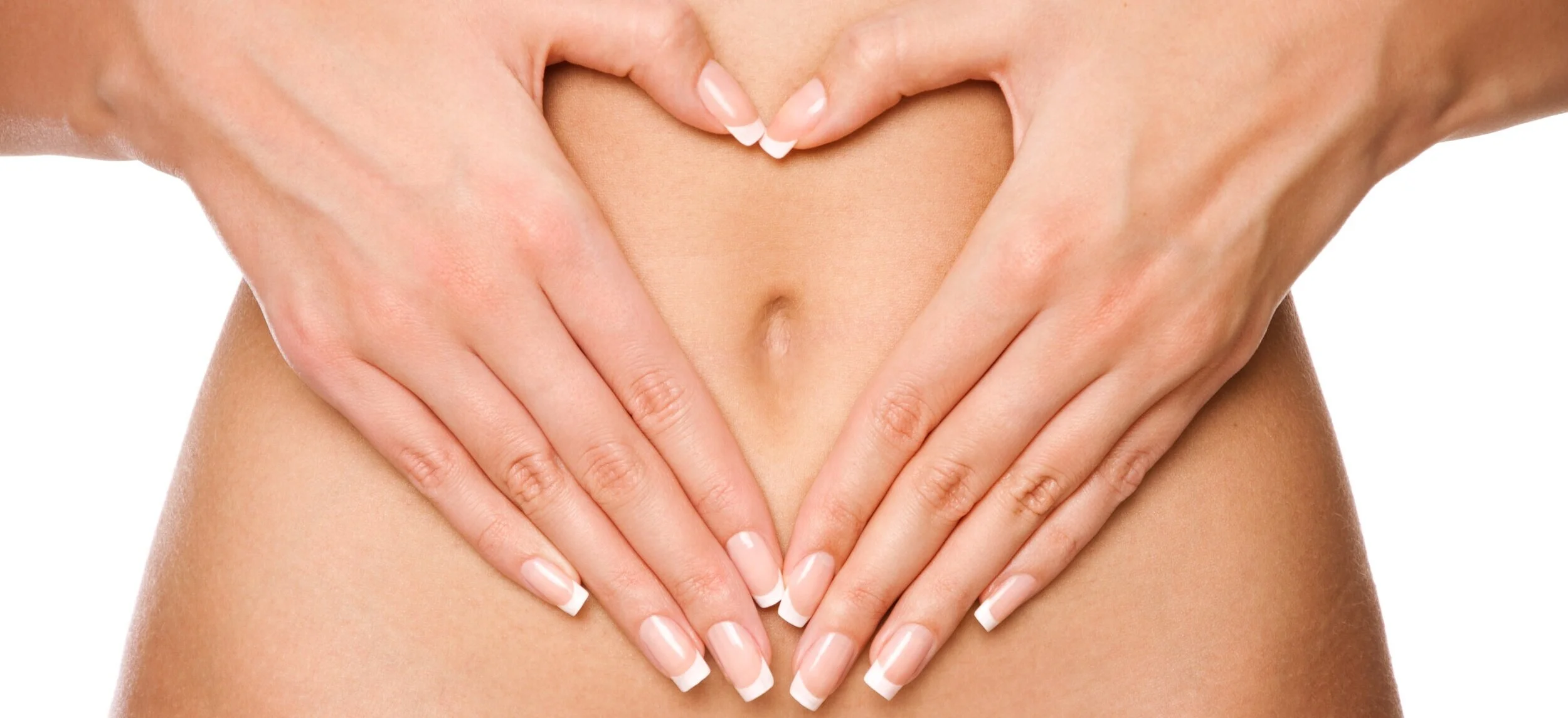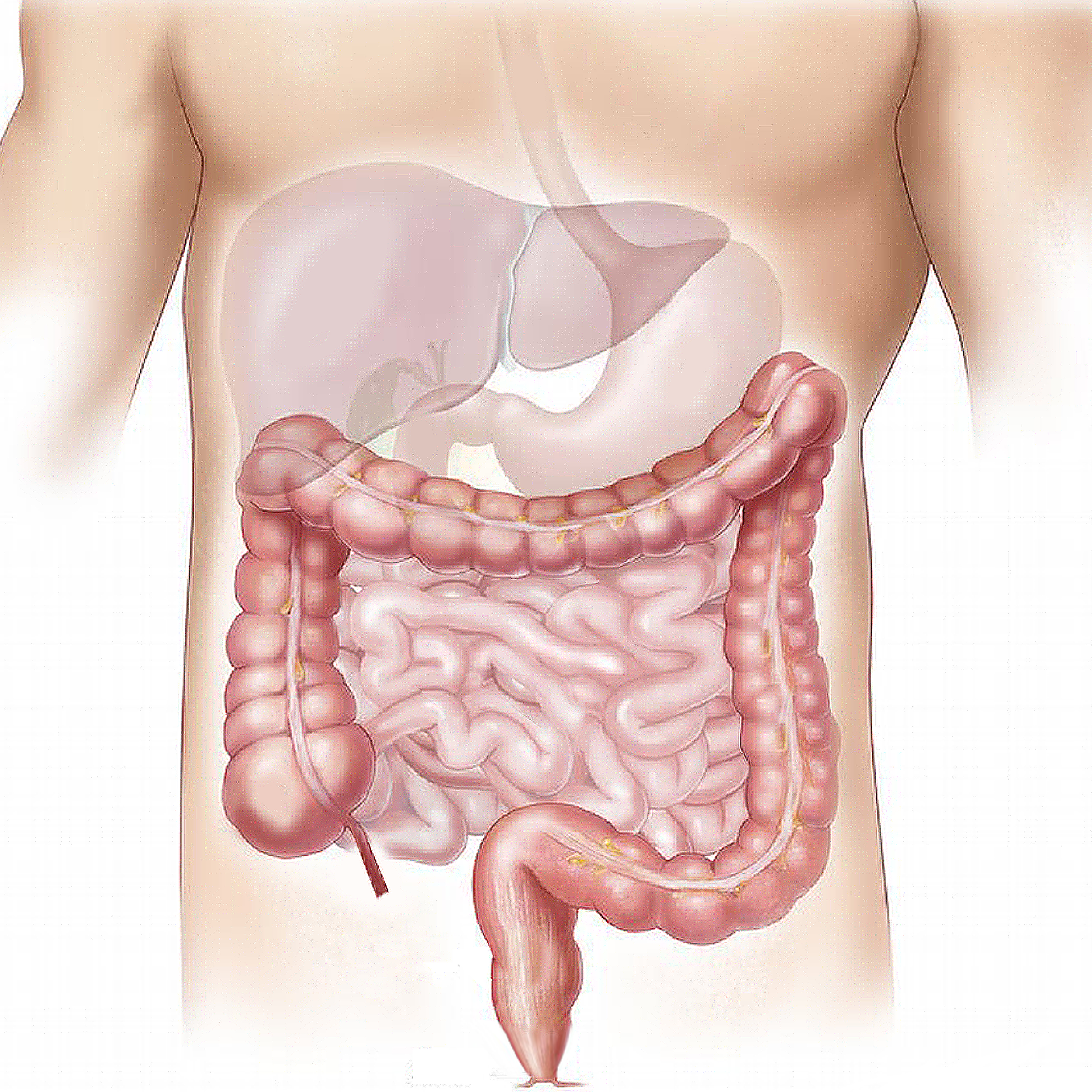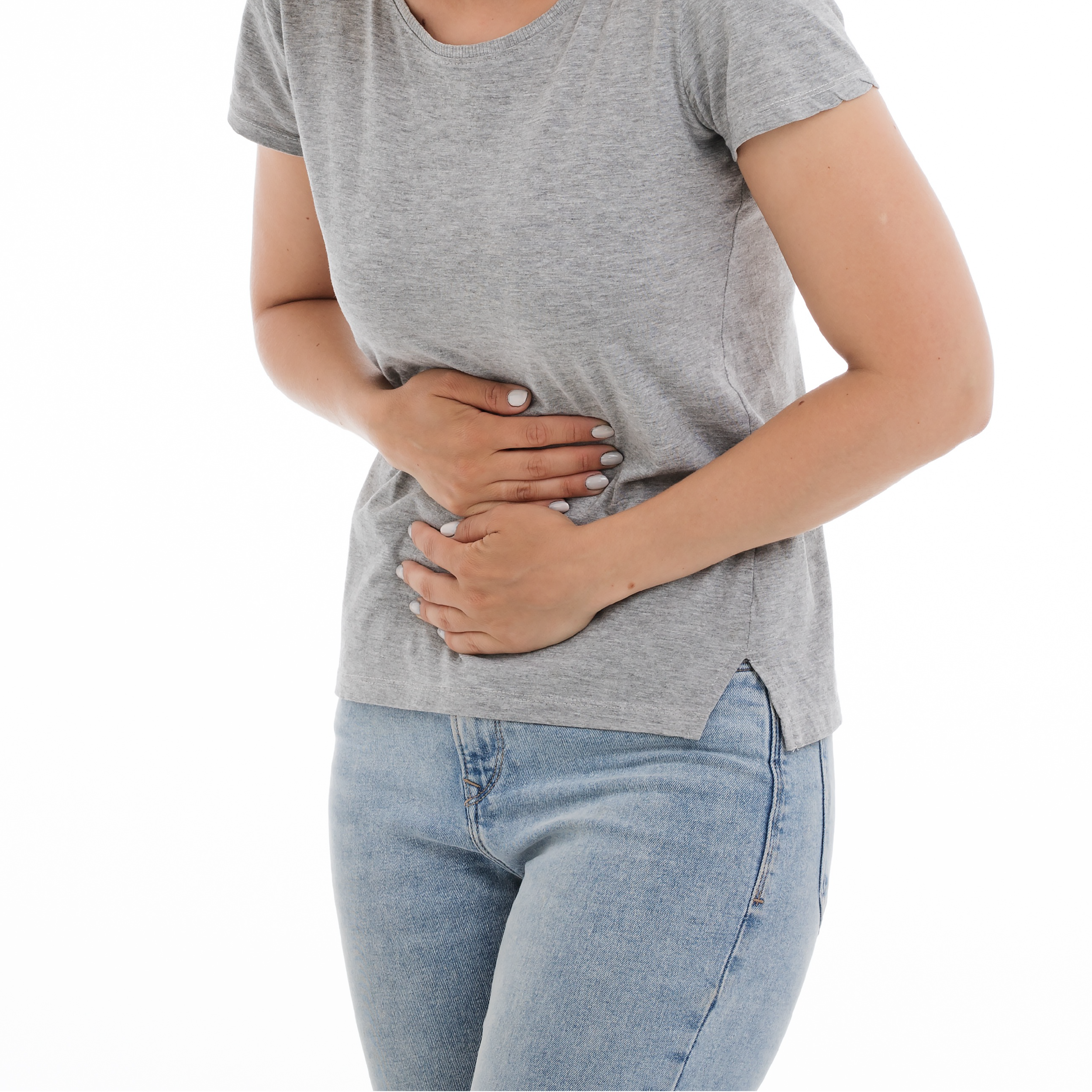Gut
Cyanthox™ May Promotes gastric ulcer healing*
Design: Randomized, double-blinded, placebo-controlled trial was conducted in 80 participants diagnosed with Chronic Gastritis aged between 17 - 64 years old
Dosage: Oral intake of 3 x 250mg sea buckthorn proanthocyanidins (SBOPC) or 2 x 1g placebo (Amoxicillin) per day for 1 month
Result:
10% more overall improvement than Amoxicillin
22% more reduction in apoptotic index of the gastric mucosal epithelial cell than Amoxicillin
11% more participants turn from Helicobacter Pylori positive to negative than Amoxicillin
CyanthOx™ is a unique sea buckthorn extract with a rich combination of Polyphenols, Flavonoids, Proanthocyanidins, which is one of the strongest plant-based antioxidant.
overall Efficacy
Apoptotic index
Helicobacter Pylori
Conclusion: Sea buckthorn proanthocyanidins promote peptic ulcer healing by killing H. pylori. The mechanism was suggested to be reducing the gastric mucosa expression of PAF (Platelet-activating factor, a mediator of allergic and inflammatory processes) and increase the expression of MK (Midkine, a protective factor of the gastric mucosa).
(Huang et al., 2008)
CyanthOx™ is a unique sea buckthorn extract with a rich combination of Polyphenols, Flavonoids, and Proanthocyanidins, which is one of the strongest plant-based antioxidant.
Cyanthox™ may Promotes intestinal Ulcer healing*
Design: Randomized, double-blinded, placebo-controlled trial was conducted in 120 participants diagnosed with Ulcerative Colitis aged between 17 – 74 years old
Dosage: Oral intake of 4 x 10mL sea buckthorn proanthocyanidins extract (Solid Concentration: 0.5g/mL)(SBOPC) or 4 x 1g placebo (Sulfasalazine) per day for 4 weeks
Result:
16% more overall improvement than Sulfasalazine
Increases pS2 Expression by 82%
Increases Superoxide Dismutase (SOD) by 69%
Reduces Malondialdehyde (MDA) by 60%
Overall Efficacy
ps2 expression
SOD & MDA
Conclusion: Sea buckthorn proanthocyanidins promotes gastric mucosal by increasing pS2 expression, which reduces gastric mucosal epithelial cell death. It also increases SOD and reduces MDA, reducing damages by free radicals.
(Huang et al., 2008)
Cyanthox™ may Promotes peptic ulcer healing and prevents its occurrence*
Design: Randomized, double-blinded, placebo-controlled trial was conducted in 72 participants diagnosed with Peptic Ulcer aged between 18 – 65 years old
Dosage: Oral intake of 3 x 500mg sea buckthorn proanthocyanidins extract capsule(SBOPC) or 2 x 0.15g placebo (Ranitidine) per day for 4 weeks
Result:
Similar overall performance as Ranitidine
43% more increase in Hexosamine than Ranitidine
26% more increase in Phospholipid than Ranitidine
45% increase in Intestinal Trefoil Peptides positive (ITF+) expression rate.
77% increase in pS2 expression.
CyanthOx™ is a unique sea buckthorn extract with a rich combination of Polyphenols, Flavonoids, and Proanthocyanidins which is one of the strongest plant-based antioxidant.
Overall Efficacy
Hexosamine
phospholipid
Conclusion: Sea buckthorn proanthocyanidins promote peptic ulcer healing by increasing the synthesis of hexosamine and phospholipid, which improves gastric mucosal hydrophobicity. It also increases ITF+ and pS2 expressions, which reduces gastric mucosal epithelial cell death.
(Huang et al., 2008)
Reference
Huang, G., Yang, Z., You, Y., Xu, L., Huang, Y. and Tang, L. (2008). Observe the possible mechanisms of sea buckthorn proanthocyanidins (SBPC) treat gastritis and study the relationship with apoptosis. Journal of Chongqing Medicine University, [online] 33(8), pp.970-1002. Available at: http://xueshu.baidu.com/usercenter/paper/show?paperid=fa0d5b51247bcb89a1615fba0474f36f&site=xueshu_se&hitarticle=1.
Huang, G., Huang, Y., Huang, D., Xiao, M. and Tang, L. (2008). Therapeutic effect of Sea Buckthorn Proanthocyanidins on Ulcerative Colitis. Acta Academiae Medicinae Militaris Tertiae, [online] 30(8), pp.771-772. Available at: http://xueshu.baidu.com/usercenter/paper/show?paperid=b978c267592f20a133b670a03c9bf0cc.
Huang, G., Huang, Y., Huang, D., Xiao, M., Tang, L. and Zhao, J. (2008). Study of the Sea Buckthron Proanthocyanidins (SBPC) Potential Mechanism against Peptic Ulcer. Chinese Traditional Patent Medicine, [online] 30(5), pp.632-635. Available at: http://xueshu.baidu.com/usercenter/paper/show?paperid=468b4285d733743a876bf16003235396&site=xueshu_se.














